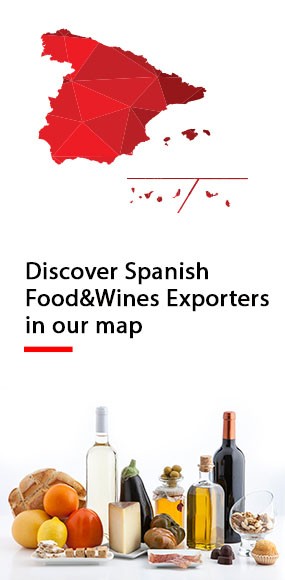.png.transform/rendition-xs/image_image%20(1).png)
Women Making Waves in Spanish Wine
Women have been involved in the production of wine for time immemorial, but until recently, as in so many sectors and countries, it was unusual for them to occupy roles at the helm, either in management or as chief winemakers. In celebration of International Women’s Day on 8th March, we take a look at some of the women who are helping make Spanish wine as dynamic and exciting as it is today.
“The leading role that women take in the world of wine should not be a source of inspiration or even a novelty, it should be certain knowledge.”
This line, translated from a video narrated by eight of the women who occupy winemaking positions within Codorníu Raventós sums up the reasoning behind this article. Everyone would agree that all professionals should be judged on the results of their work, rather their gender or any other characteristics, but given that as recently as forty years ago, very few Spanish winemakers were female, it is interesting to see how far the industry has come.
Spanish wine expert Sarah Jane Evans MW echoes this sentiment. “I’m not keen on identifying women winemakers as a separate group, as if they were in some way different [...] That said, I’m really pleased to observe that there are so many more women working, and making fine wine now. Figures like Marisol Bueno [Founder of Pazo de Señorans and first president of the DO Rías Baixas in 1988] were really rare.”
Challenges for the pioneers
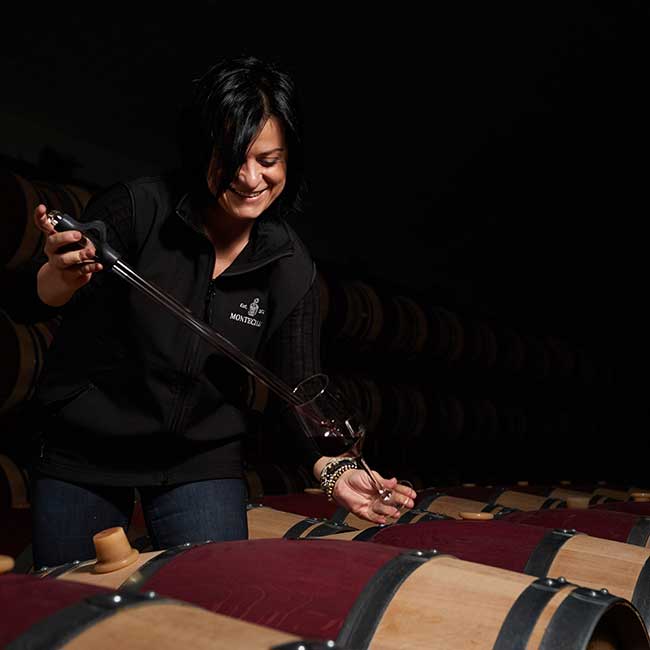
Although there were women working on family estates in the past - Anna de Codorníu who features on the label of one of Spain’s most iconic Cavas is one such example - it was not until the late 1970s that women were really able to forge their own career path.
One of the first to do so was María Martínez Sierra, who went against her own mother’s wishes to study oenology, and was the only woman in her class at university. She joined Bodegas Montecillo in Rioja as winemaker in 1976, and has been quoted as saying, “I’m a fighter, and I fought a lot at the beginning to gain the respect and admiration of others in this profession. Gender is not what matters.”
María’s successor, Mercedes García Rupérez, has been at Bodegas Montecillo since 2008, making wines that have come top of Wine Enthusiast’s list of the world’s best buys and in the top 25 of Wine Spectactor’s list of the world’s top 100 wines. She comments on the changes that have taken place in recent years. “Now no one is surprised by women making technical decisions, it happens all the time. But it is true that that wasn’t always the case. On occasion, as a woman, you didn’t just have to do the work but also prove that your work was not affected by the fact you were a women…incredible! We’ve all got stories of things that have happened.”
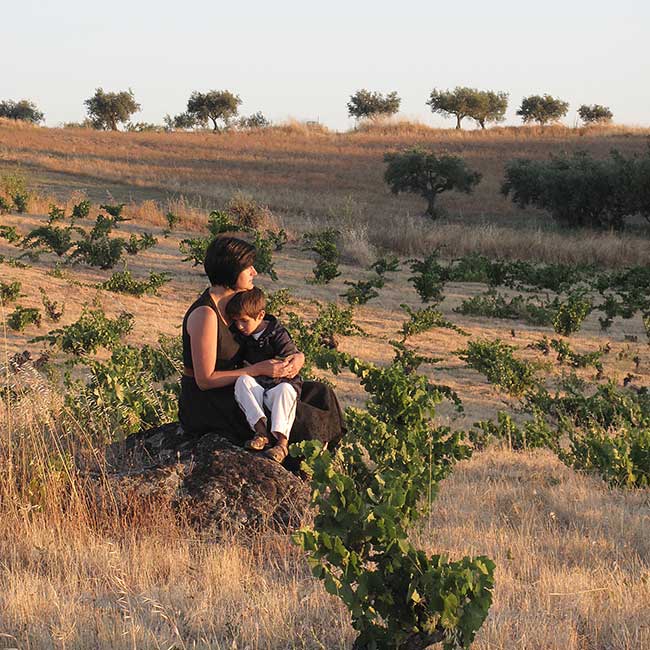
Charlotte Allen, of Almaroja in DO Arribes del Duero has many such tales about her arrival from the UK (via France) in the remote village of Fermoselle, where she has managed the whole process of making sustainable wines from vineyard to bottle since 2007. “Generally, my experience has been a positive one. Of course, living in a village I’ve had to put up with older men telling me that they know best when it comes to my vines. And people often talk about “my husband,” assuming I’ve got a partner involved. But it’s more of a generational thing.”
Current successes
As Sarah Jane Evans MW, continues, “As one indicator of [how far it has come], Spain now has its own first woman Master of Wine from Spain, Almudena Alberca, and there are other women students on the way to success. There are women in very significant positions in large wine businesses, and who have a major influence on what we drink: in Rioja, for instance, Maria Larrea at CVNE; María Vargas at Marques de Murrieta; the López de Heredia sisters; Elena Adell at Campo Viejo; and my fellow member of the Gran Orden de Caballeros de Vino, Cristina Forner at Marqués de Caceres.”
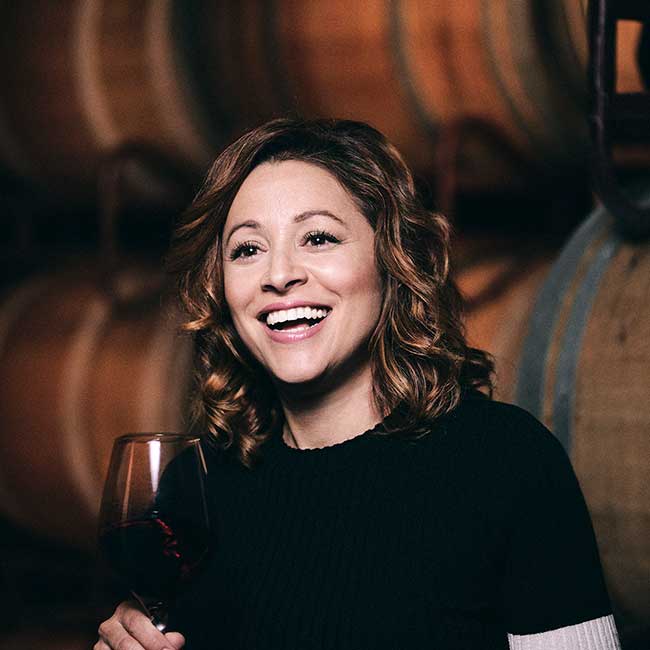
Almudena Alberca MW, who has been Technical Director of Bodegas Palacio 1894 for over six years, after starting out in Viñas del Cenit in 2003, comments, “The truth is that the world of wine has been a masculine one, but it is gradually changing. I consider myself fortunate, as I have worked in companies where there has always been a high proportion of females and I’ve been able to develop and grow as a professional. At the same time, I am conscious that I’ve had to prove myself twice over, whether that’s due to my youth, or the fact I’ve led projects that involve a lot of responsibility or the fact that I’m a woman.”
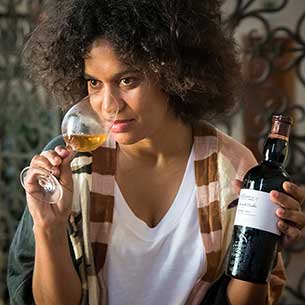
Another of the younger generation of rising stars, Paola Medina, started her career in 1999, before becoming Technical Director of the Williams & Humbert Sherry winery in 2010. Ten years later, her Sherries have won high profile awards including the IWSC Sherry Trophy 2020 and Decanter World Wine Awards International Fortified Wine Trophy. She was also the only winemaker from Jerez to feature in an article in Decanter by Pedro Ballesteros MW entitled the “Ten Next Generation Spanish Winemakers to Know,” alongside Almudena Alberca and Maite Sánchez from Arrayán.
When asked about her experiences of the world of Sherry, which could be seen as quite masculine from outside, Paola comments that she has not experienced any issues: “Rather than gender, we put a focus on the capacities of the person who is carrying out their work. There are many women in our wineries in positions of responsibility, from capataz (winery foreman) to other management roles.”
Do women in Spain make better wines?
A controversial question, but sometimes it’s suggested that women make more sensitive tasters and more elegant wines. It’s certainly true that Marqués de Murrieta, one of the only wineries in the world to achieve a perfect 100 Parker point score has a female winemaker, María Vargas. Both she and Mercedes López de Heredia of R. López de Heredia have been named Tim Atkin MW’s Rioja Winemaker of the Year in recent editions of his Rioja Report.
How do winemakers respond?
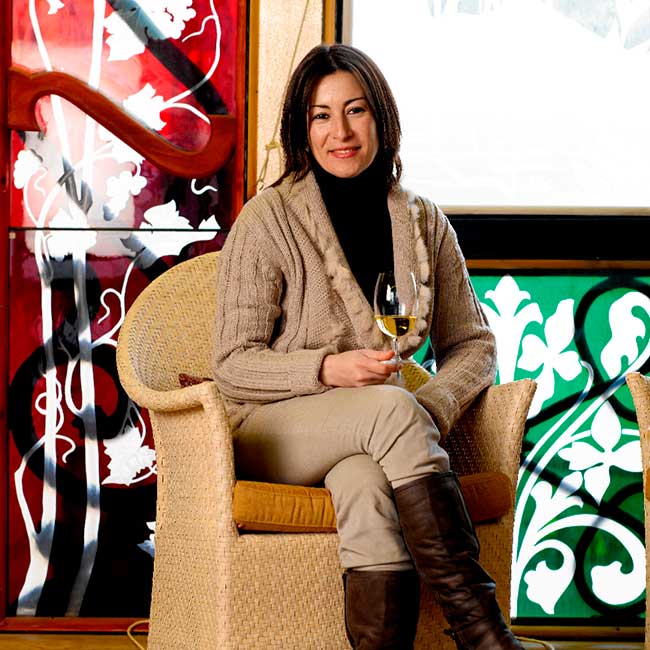
“At a professional level, we can find excellent tasters of both genders, although, in general terms, genetics mean that women can be better tasters than men,” explains Almudena, “As female mammals feed and protect their young, their senses need to be more alert to anticipate possible risks.”
Mercedes García from Montecillo comments, “It may be true that through a simple question of genetics, women have a more developed sense of smell, but in practice, I haven’t noticed any difference. There are men who are magnificent tasters. In terms of what we bring to the world of wine, perhaps perseverance and a more “protective” side. We see what we do as an extension of ourselves.”
For Paola, the work of the individual is more important than gender: “What is really important when it comes to winemaking is dedication. It requires a lot of passion, and this attitude is common to both sexes. I think that the wine should always be the true protagonist, and not the gender of the person who made it. For me the crucial thing is the enthusiasm that you put into the process of winemaking, from the moment of harvest to the bottling of the wines.”
Solidarity
There are now associations such as AMAVI, Spain’s Association of Female Wine Enthusiasts, (https://amaviamantesdelvino.es/) which organizes its own annual awards with both professional and amateur panels of female tasters. Charlotte Allen praised the work of Mujeres del Vino, which promotes wines made by women across Spain through events and via its social media channels.
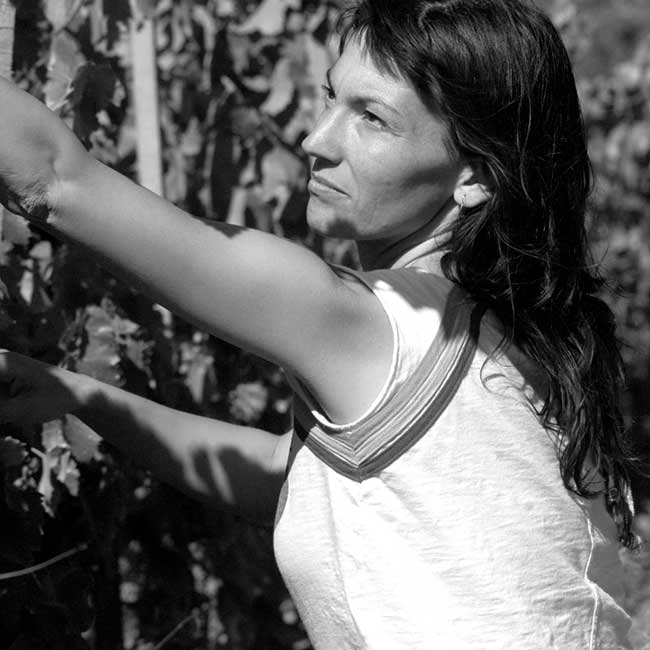
Mercedes says that sense of camaraderie between women in the sector is fantastic: “It’s marvellous that when you receive a prize, one of your friends or colleagues congratulates you, there is a lot of collaboration. Perhaps the experiences we’ve had that have got us to this point, and the importance of the moment, mean that we understand each other better and we are genuinely pleased about the successes of other women in the sector.”
To finish, I’ll leave you with a quote from Sarah Jane Evans MW about the future: “Spain is bursting with exciting projects from the next generation: Sara Pérez, Bárbara Palacios, Paola Medina, Anne Cannan, the Ochoa sisters, Maite Sánchez… And the newer ventures, from people like Beatriz Herranz of Barco del Corneta, and Pilar Esteve of Filoxera. And then there are consultants, notably Ana Martín Onzain, who have had a wide influence. It’s buzzing! It’s not a perfect world, but it is changing.”
Text: Anna Harris-Noble

